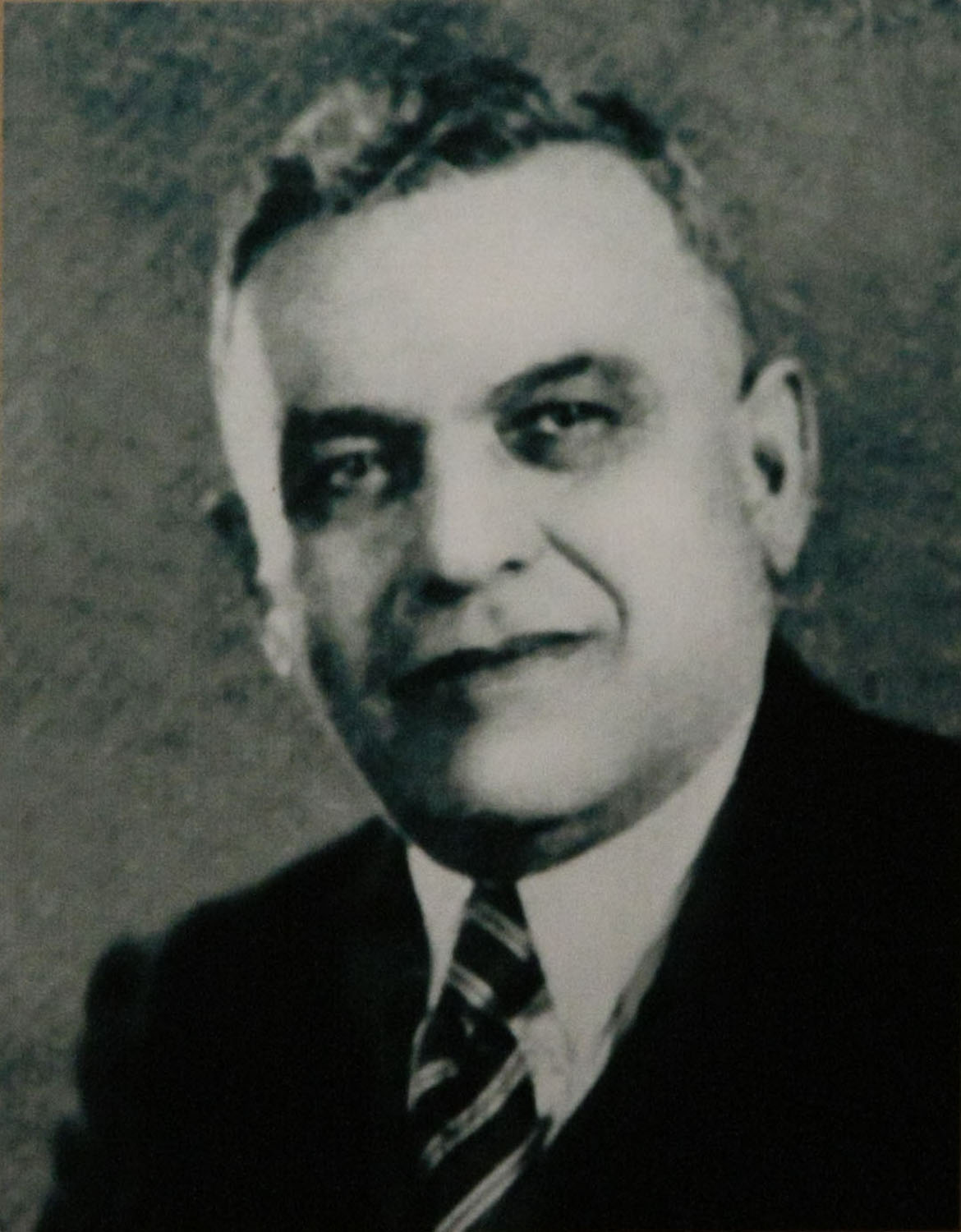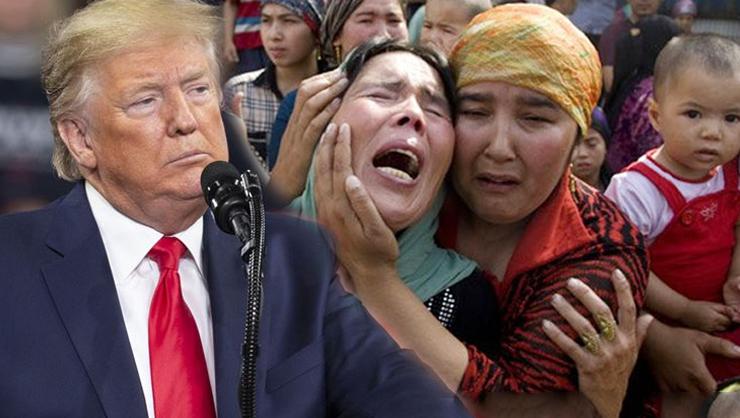Bojidar Dimitrov, the Bulgarian State Minister responsible for Bulgarians abroad, has stated in an interview given last Sunday to the “24 Hours” newspaper that the Ottoman Empire in 1913 (during the Balkan Wars) had expelled hundreds of thousands of ethnic Bulgarians from Thrace and that later on, a treaty was concluded in 1925 between the Republic of Turkey and Bulgaria on that subject, but was never implemented. Furthermore, by putting forth that the descendants of the expelled people must be compensated, Dimitrov has requested Turkey to pay a total of $20 billion and has indicated that this compensation is one of the conditions of Turkey’s full membership in the EU. According to the information provided to the journalists by the Bulgarian Government Spokesman, Veselin Ninov, the statements of State Minister Dimitrov reflect government policy, that subject is being handled by a Bulgarian-Turkish intergovernmental working group, and the compensation could be between $10 billion to $12 billion. In response to a question related to whether Bulgaria is ready to veto Turkey’s EU membership, Ninov has said that “There is such an option. But this is just one of many other conditions of Bulgarian support for Turkish membership. There are also issues relating to energy and water management projects.” From the statements of the State Minister and Government Spokesman, one can conclude that the Bulgarian Government is setting conditions in order to support Turkey’s EU membership and is also requesting money. Meanwhile, it should be noted that there is a rather blackmailing tone in the statement of State Minister Dimitrov. Due to the relative complexity of the subject, we will provide some information about the situation during the Balkan Wars and the Turkish-Bulgarian Treaty of 1925 in another one of our next articles. However, a point which is already important to emphasize is that in the last years, Turkish-Bulgarian relations could be defined as excellent. Under the influence of this, Turkey has given full support for Bulgaria’s NATO membership without making any requests from Bulgaria, for instance, without putting forth the necessity to improve conditions of the Turkish minority in that country. But, encouraged from being an EU member and overestimating this position, the new Bulgarian Government with its extreme nationalistic tendencies, has not refrained from entering into conflict with Turkey and has not taken into consideration the negative effects this situation could have on the bilateral relations. Another important point is that Bulgaria’s requests from Turkey are meaningless at a time when Turkey’s EU membership process has rather reached a deadlock.
© 2009-2024 Center for Eurasian Studies (AVİM) All Rights Reserved
No comments yet.
-
ARMENIAN PROPERTIES
Ömer Engin LÜTEM 22.12.2010 -
RESOLUTION RECEIVING ONLY TWO VOTES
Ömer Engin LÜTEM 15.12.2011 -
ARMENIA 2013 (3)
Ömer Engin LÜTEM 08.01.2013 -
THE AFTERMATH OF APRIL 24
Ömer Engin LÜTEM 11.05.2015 -
THE FRENCH LAW: THE FIRST STAGE
Ömer Engin LÜTEM 25.12.2011
-
 ARMENIAN COOPERATION IN THE TSARDOM OF RUSSIA’S OCCUPATION OF EASTERN ANATOLIA DURING WORLD WAR I
ARMENIAN COOPERATION IN THE TSARDOM OF RUSSIA’S OCCUPATION OF EASTERN ANATOLIA DURING WORLD WAR I
Ahmet Can ÖKTEM 23.11.2020 -
 US PRESIDENT TRUMP’S DECISION TO IMPOSE SANCTIONS AND UIGHUR TURKS
US PRESIDENT TRUMP’S DECISION TO IMPOSE SANCTIONS AND UIGHUR TURKS
AVİM 30.06.2020 -
 BOOK REVIEW-SASUN: THE HISTORY OF AN 1890S ARMENIAN REVOLT
BOOK REVIEW-SASUN: THE HISTORY OF AN 1890S ARMENIAN REVOLT
Ali Murat TAŞKENT 12.04.2015 -
 ARMENIA: THE TOOL OF POPULISM IN THE FRENCH ELECTIONS
ARMENIA: THE TOOL OF POPULISM IN THE FRENCH ELECTIONS
Tutku DİLAVER 07.01.2022 -
 THE EU-RUSSIAN RELATIONS AND THE UKRAINIAN CONFLICT. THE ENERGY UNION, ASSOCIATION AGREEMENT AND GAS NEGOTIATIONS: WHOSE INTERESTS ARE AT STAKE?
THE EU-RUSSIAN RELATIONS AND THE UKRAINIAN CONFLICT. THE ENERGY UNION, ASSOCIATION AGREEMENT AND GAS NEGOTIATIONS: WHOSE INTERESTS ARE AT STAKE?
Maryna SHEVTSOVA 26.04.2015
-
19.04.2024
Türk-Ermeni İlişkileri Üzerine Ömer Engin Lütem Konferansları 2023 -
11.04.2023
Türk-Ermeni İlişkileri Üzerine Ömer Engin Lütem Konferansları 2022 -
27.03.2023
RADİKAL ERMENİ UNSURLARCA GERÇEKLEŞTİRİLEN MEZALİMLER VE VANDALİZM -
17.03.2023
PATRIOTISM PERVERTED -
23.02.2023
MEN ARE LIKE THAT -
03.02.2023
BAKÜ-TİFLİS-CEYHAN BORU HATTININ YAŞANAN TARİHİ -
16.12.2022
INTERNATIONAL SCHOLARS ON THE EVENTS OF 1915 -
07.12.2022
FAKE PHOTOS AND THE ARMENIAN PROPAGANDA -
07.12.2022
ERMENİ PROPAGANDASI VE SAHTE RESİMLER -
30.03.2022
Türk-Ermeni İlişkileri Üzerine Ömer Engin Lütem Konferansları 2021 -
01.01.2022
A Letter From Japan - Strategically Mum: The Silence of the Armenians -
01.01.2022
Japonya'dan Bir Mektup - Stratejik Suskunluk: Ermenilerin Sessizliği -
11.02.2021
Türk-Ermeni Uyuşmazlığı Üzerine Ömer Engin Lütem Konferansları 2020 -
03.06.2020
Anastas Mikoyan: Confessions of an Armenian Bolshevik -
08.04.2020
Sovyet Sonrası Ukrayna’da Devlet, Toplum ve Siyaset - Değişen Dinamikler, Dönüşen Kimlikler -
18.03.2020
Türk-Ermeni Uyuşmazlığı Üzerine Ömer Engin Lütem Konferansları 2019 -
08.03.2019
Türk-Ermeni Uyuşmazlığı Üzerine Ömer Engin Lütem Konferansları 2018 -
12.06.2018
Ermeni Sorunuyla İlgili İngiliz Belgeleri (1912-1923) - British Documents on Armenian Question (1912-1923) -
02.12.2016
Turkish-Russian Academics: A Historical Study on the Caucasus -
01.07.2016
Gürcistan'daki Müslüman Topluluklar: Azınlık Hakları, Kimlik, Siyaset -
10.03.2016
Armenian Diaspora: Diaspora, State and the Imagination of the Republic of Armenia -
24.01.2016
Ermeni Sorunu Temel Bilgi ve Belgeler (2. Baskı)
-
AVİM Conference Hall 24.01.2023
CONFERENCE TITLED “HUNGARY’S PERSPECTIVES ON THE TURKIC WORLD"









